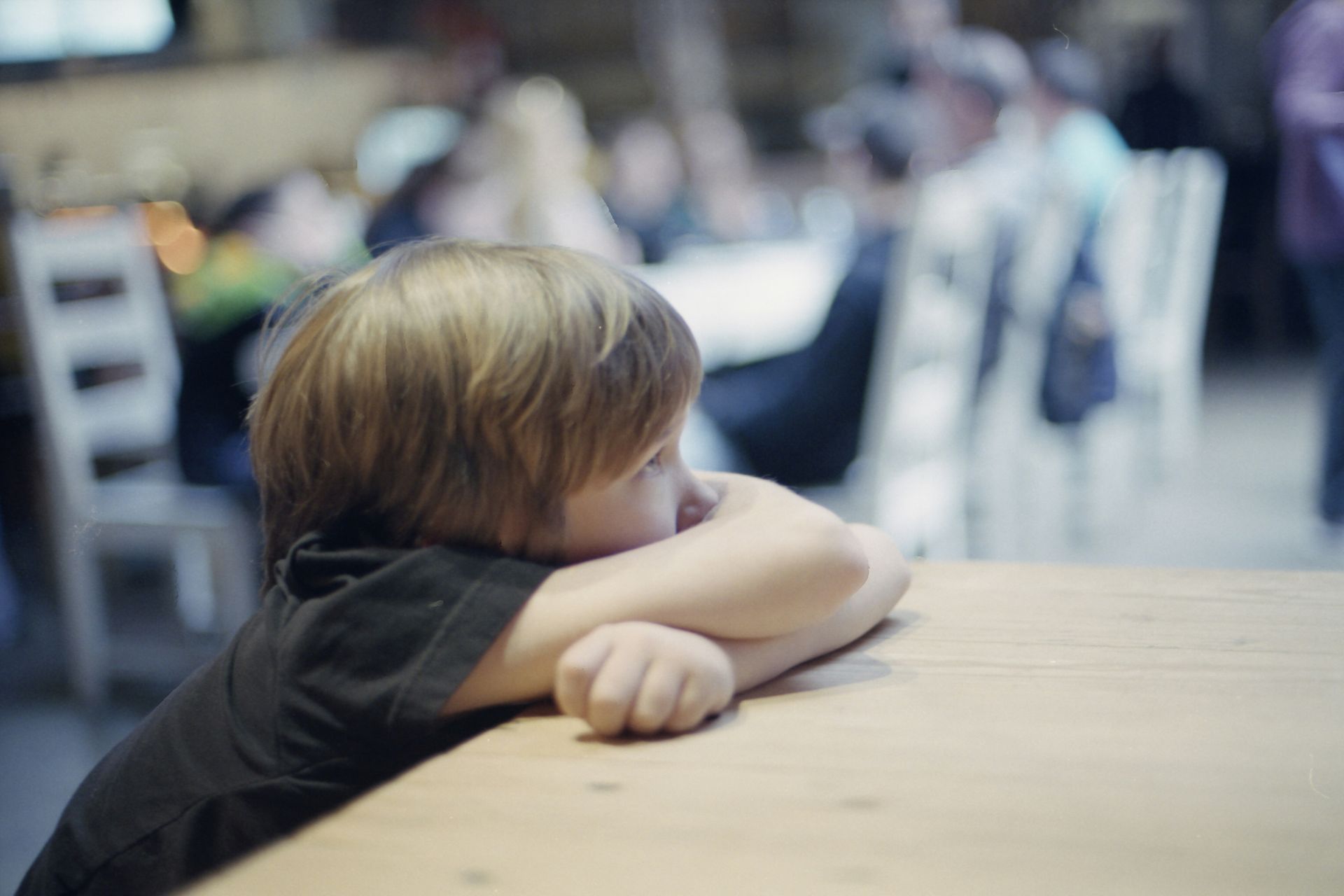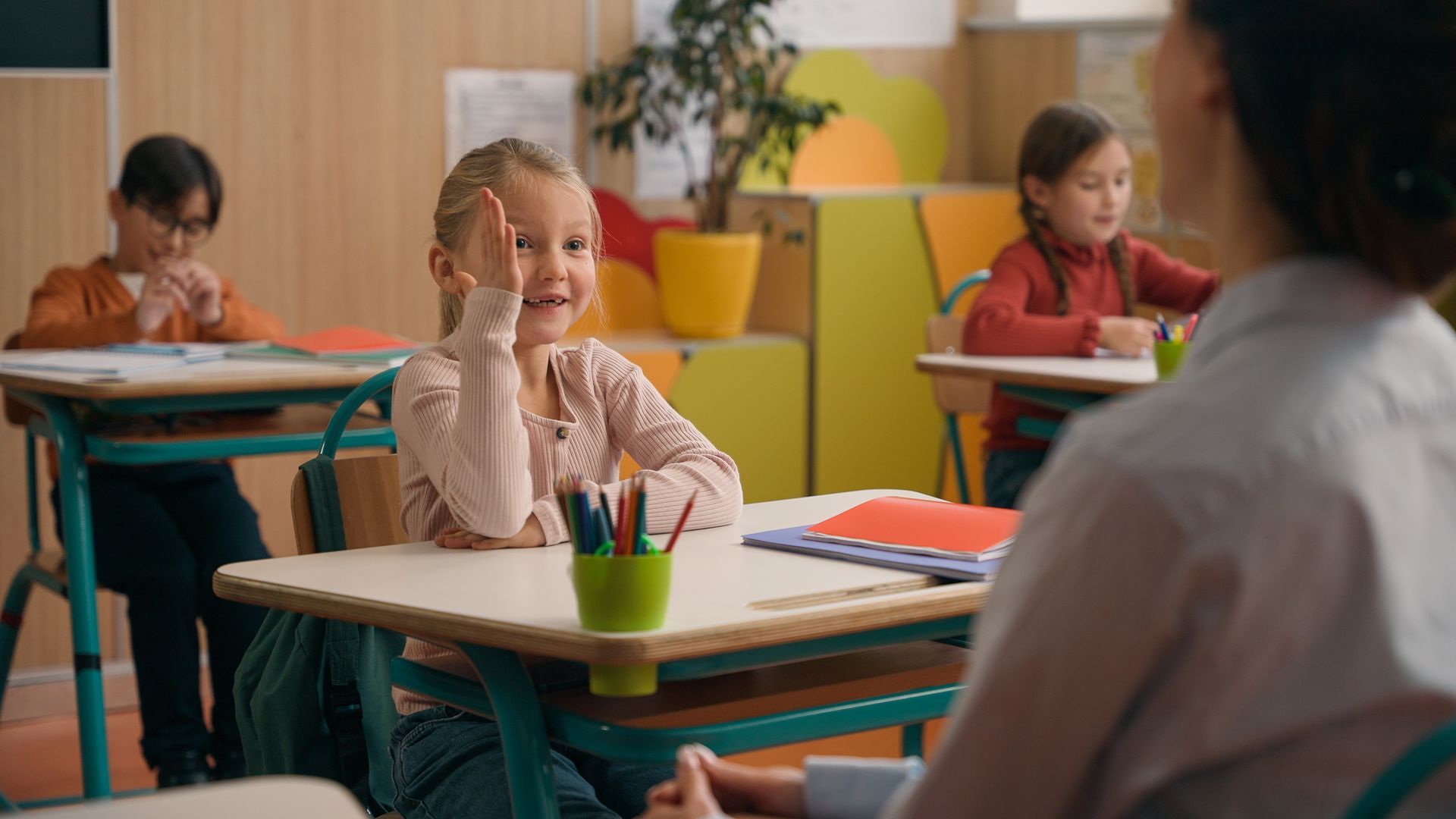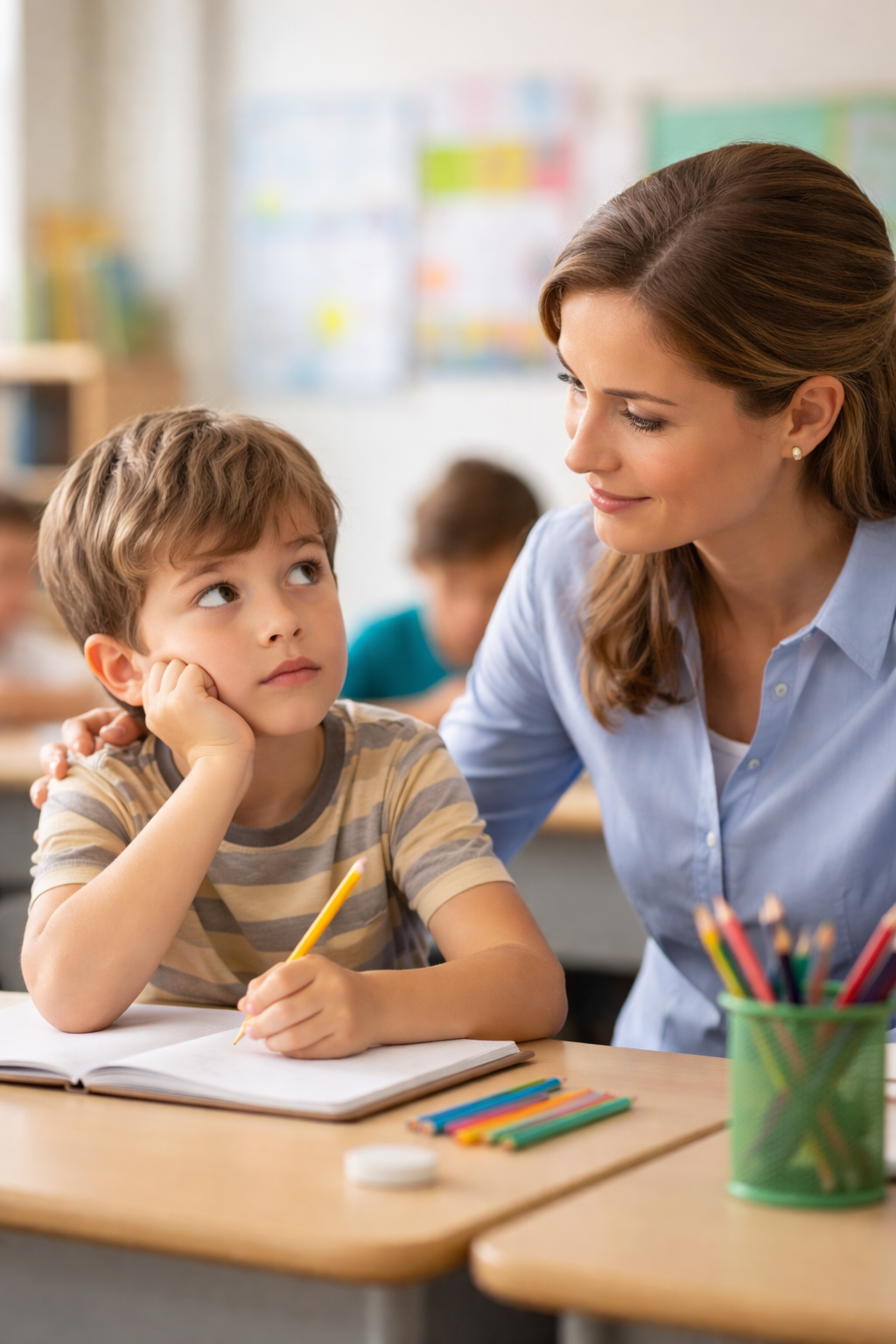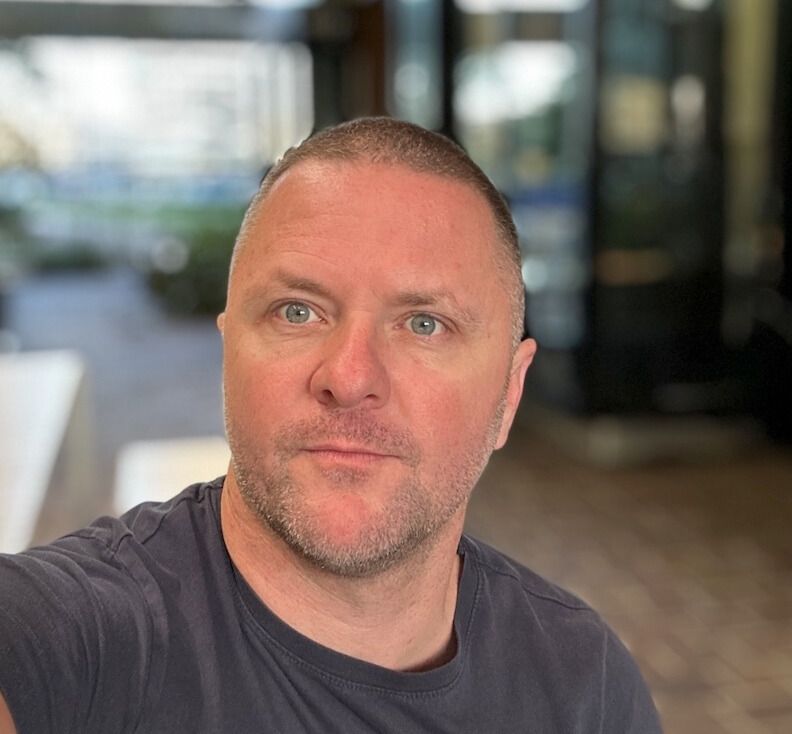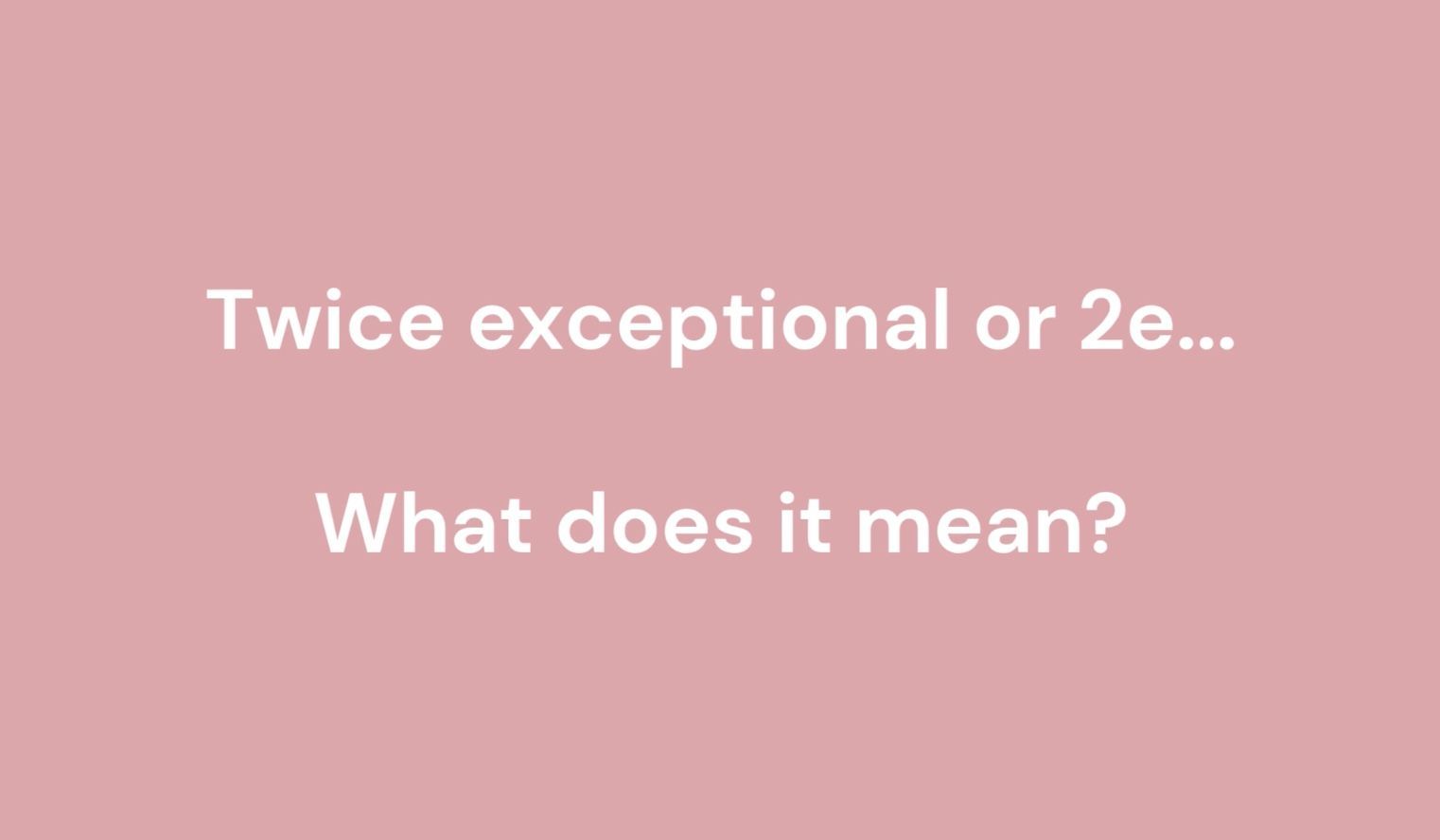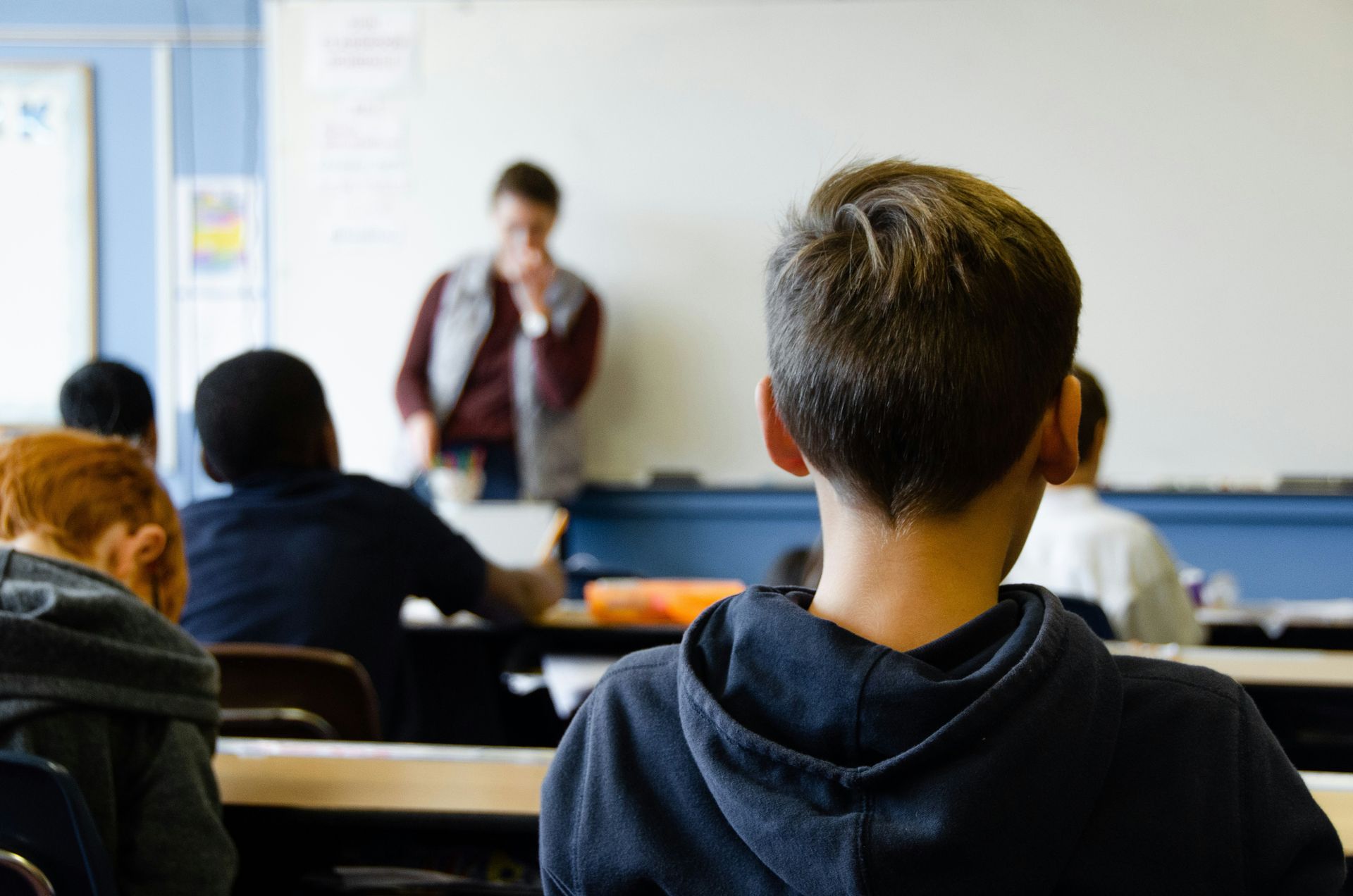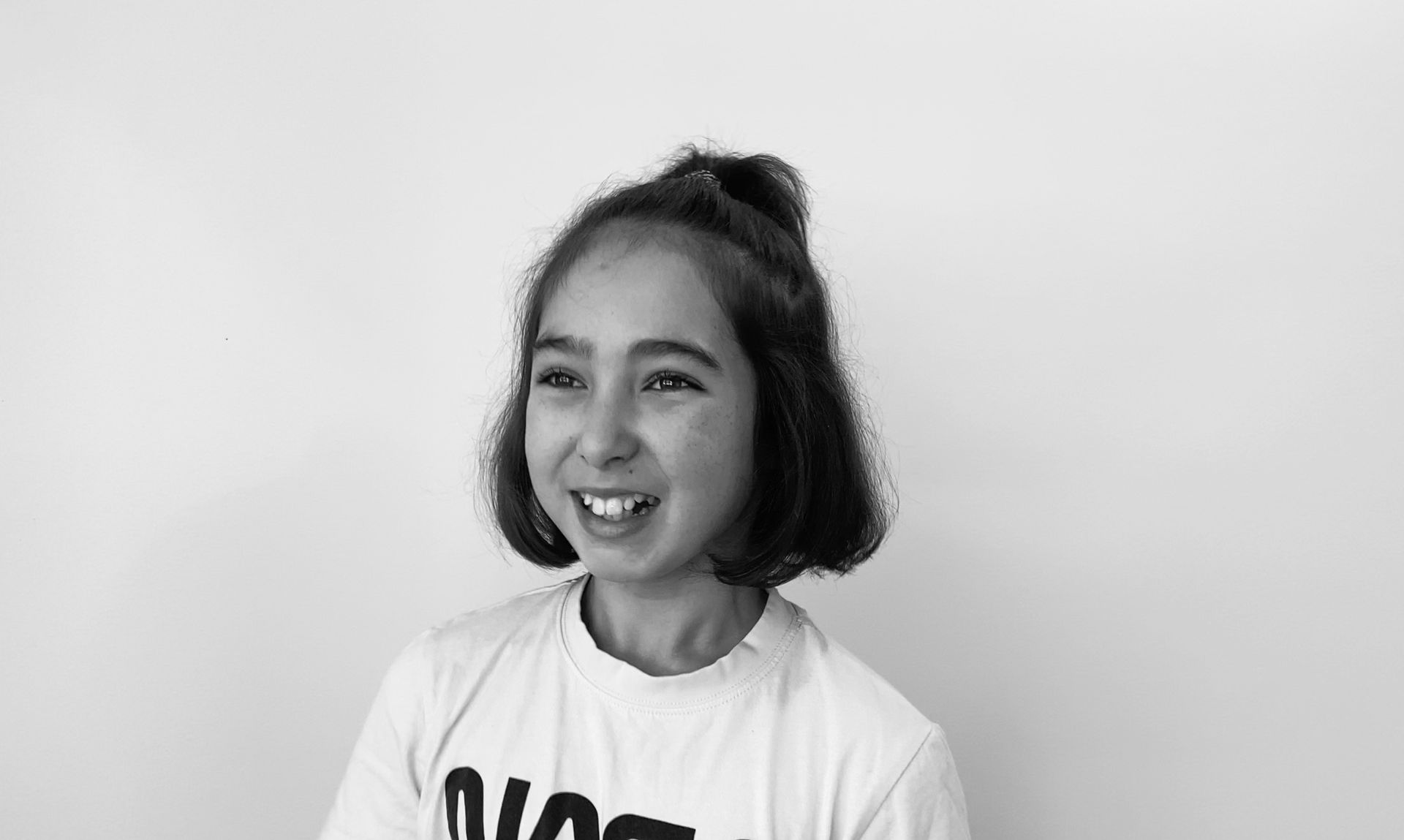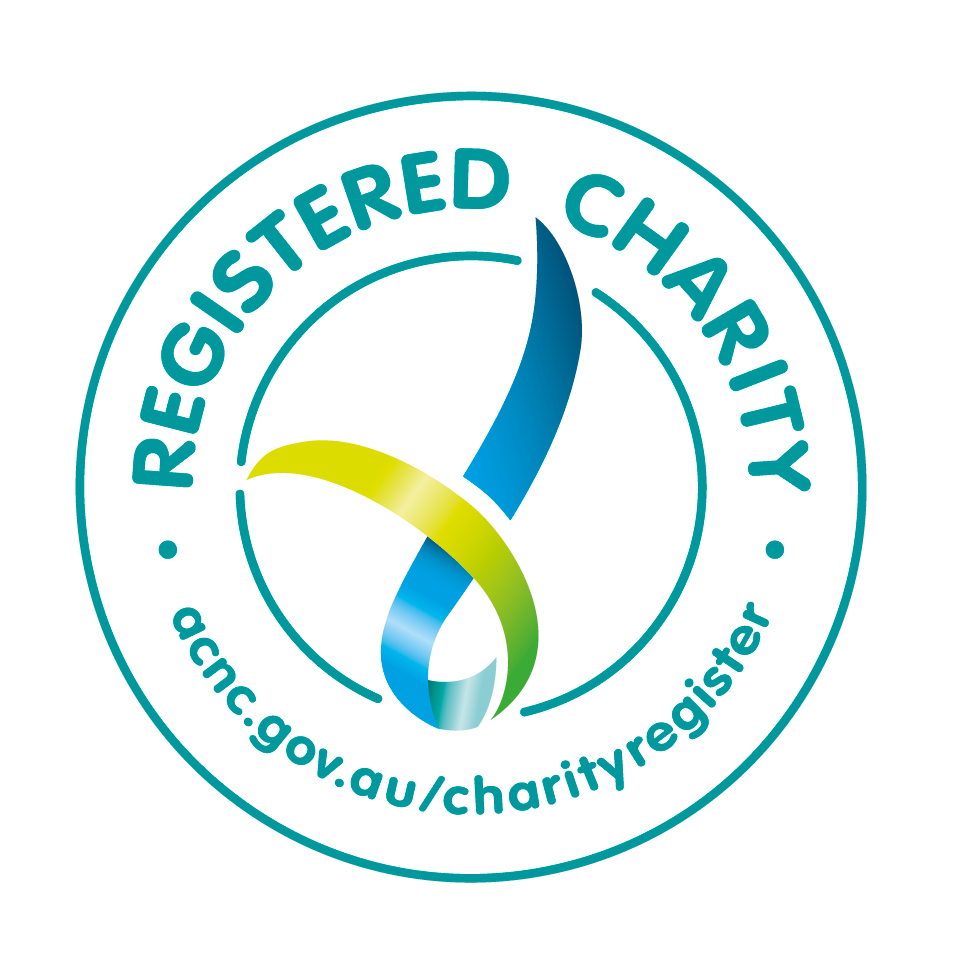The Guilt of Parenting Gifted Children - Kate Burton
As well-being is the theme of Gifted Awareness Week 2020, it seemed prudent to not only focus on gifted children but also the parents of these curious and often intense little people! As a friend said to me many years ago, when I felt overwhelmed with the challenges that lay ahead in relation to navigating the psychosocial and academic needs of my own children, “Don’t forget to put your own oxygen mask on first.” Sage advice indeed.
But what do we do when we feel like if we focus on ourselves, our children’s well-being will slip further out of sight? What if we feel overcome with guilt whenever we think we may get this parenting gig wrong? What if we break our child? What if other parents think we’re elitist or pushy? What if, what if, what if??
Many of the parents I work with are swept away by a tidal wave of guilt. This guilt may be associated with wishing they’d tested their child earlier, they’d advocated or pushed for interventions sooner, or even with feeling like a failure as a parent if their response to their little human’s epic meltdown was not imbued with calmness and rooted in empathy. Queue many late nights, trawling the internet to establish how to best meet the needs of your child, and desperately trying to learn how to better respond during the times that you too are at the end of your rope!
But what if we view this guilt as generative? As having the potential to act as a catalyst for change? Like anger, guilt is a feeling. How we choose to respond to it is up to us. When we learn to deconstruct our guilt and lean into its uncomfortableness, we may have to face some confronting truths, but oh how we grow! A commitment to working through our own ‘stuff’ allows us to forge closer connections with others, both at an individual and community level, and this is essential to enable us to support our children.
R.D. Laing reminds us how “True guilt is guilt at the obligation one owes to oneself to be oneself. False guilt is guilt felt at not being what other people feel one ought to be or assume that one is.” What Laing highlights is our tendency towards trying to please others, to aspire to what they want us to be, instead of staying focused on our own needs. This dualistic thinking model is one that often causes difficulties when we need to act in the best interest of our children. Giftedness isn’t an easy subject to be open about: the label itself drives parents the world over to hastily explain its many misconceptions, and that’s if they feel comfortable enough to discuss the subject at all. Similarly, this duality is reminiscent of the dilemma gifted young people feel in relation to their academic performance and identity development. Should they mask their abilities in order to fit in? If their passions are quirky, should they also mask these in order be accepted by others?
Values are at the core of our well-being, and many of the gifted individuals I work with strive towards self-actualisation. However, if our actions are not in alignment with our values then unhappiness, anxiety and even depression generally ensue. When we need to advocate for our child and risk upsetting the educational applecart, outlining our values can help clarify the best path forward without getting caught up in the swirling ‘what ifs’. We may not be able to change the past but we can use our guilt to forge a groundswell movement to better identify our core values. These values then provide a baseline for every action thereafter. We can advocate with diplomacy and humility, for example, softening the fear of causing conflict. We can identify composure as an aspirational value, and simultaneously develop the value of persistence as we work towards maintaining a sense of calmness.
By committing to working towards living in alignment with our own values we develop protective factors to support our well-being. And, of course, the natural consequence of this is if we share this journey with our children, they too learn to act from a place of self-awareness and authenticity. The well-being of our children is tightly interwoven with the well-being of ourselves. So, take the time to identify what you need and demonstrate self-compassion as you navigate your own journey and fears. Children are unable to learn what they cannot see, so model how and why living in alignment with your values is so important. And then hold your child’s hand as you help guide them through developing their own values-based framework. A framework that will enable them to flourish and grow into their true selves.
Disclaimer: The views and opinions expressed in this blog are those of the author and do not necessarily reflect the official policy or position of the AAEGT.
Share this resource
Resources
